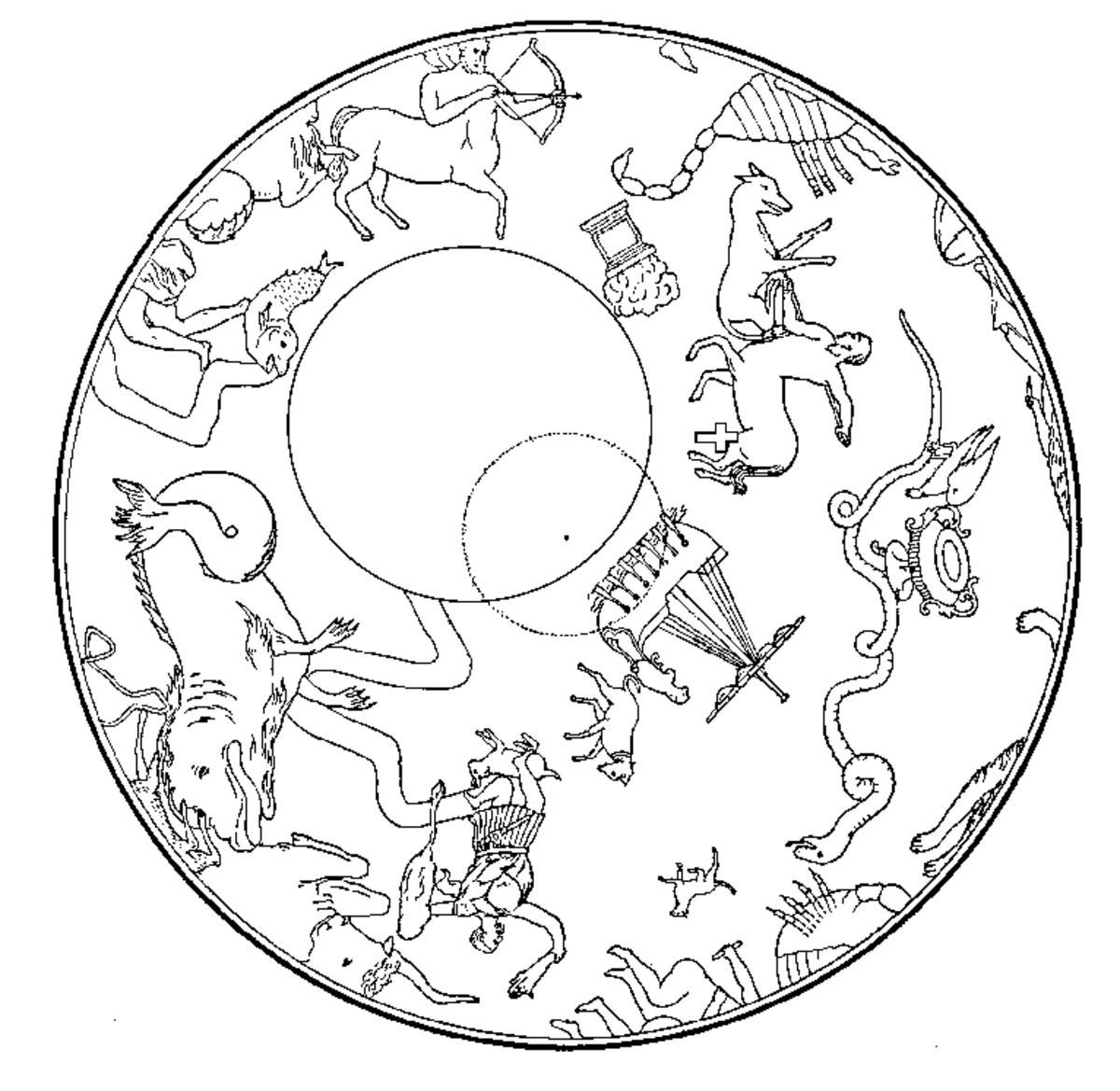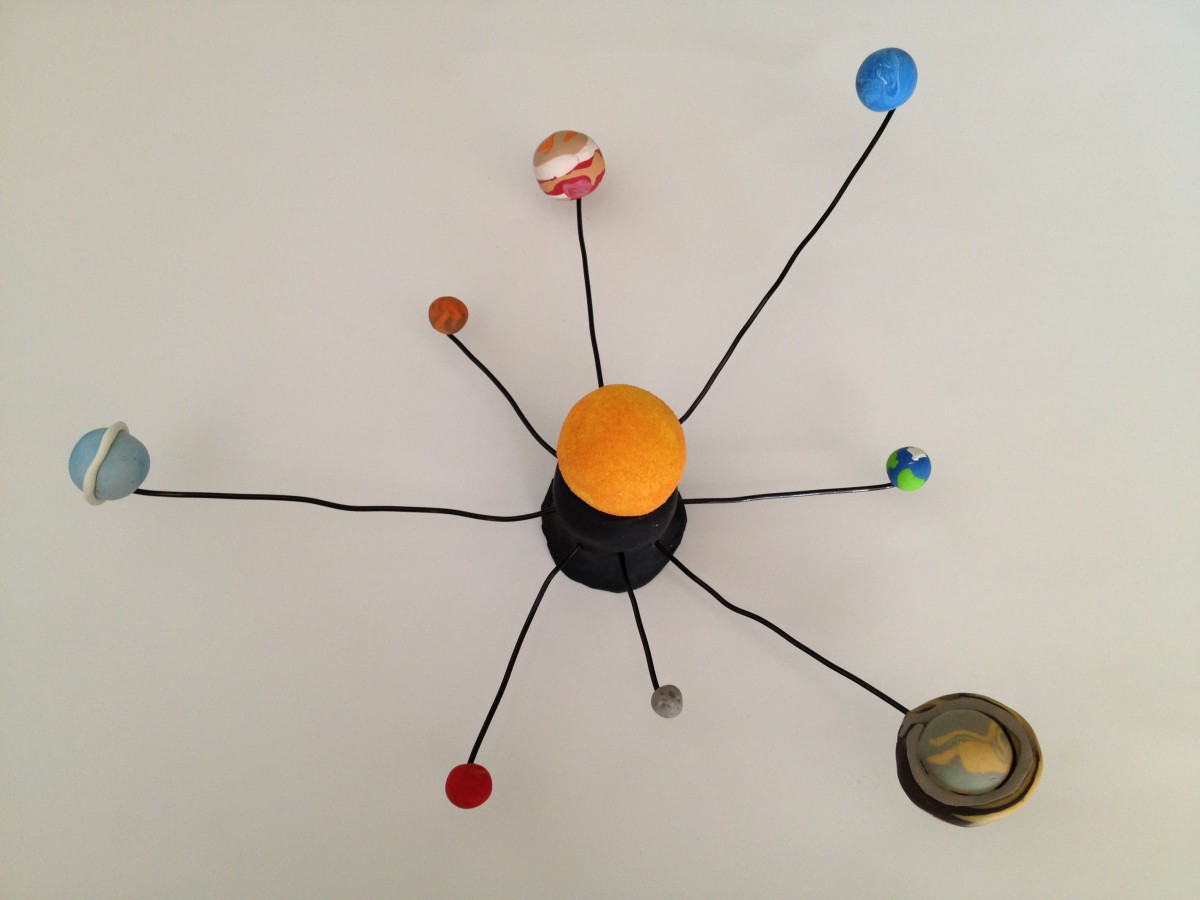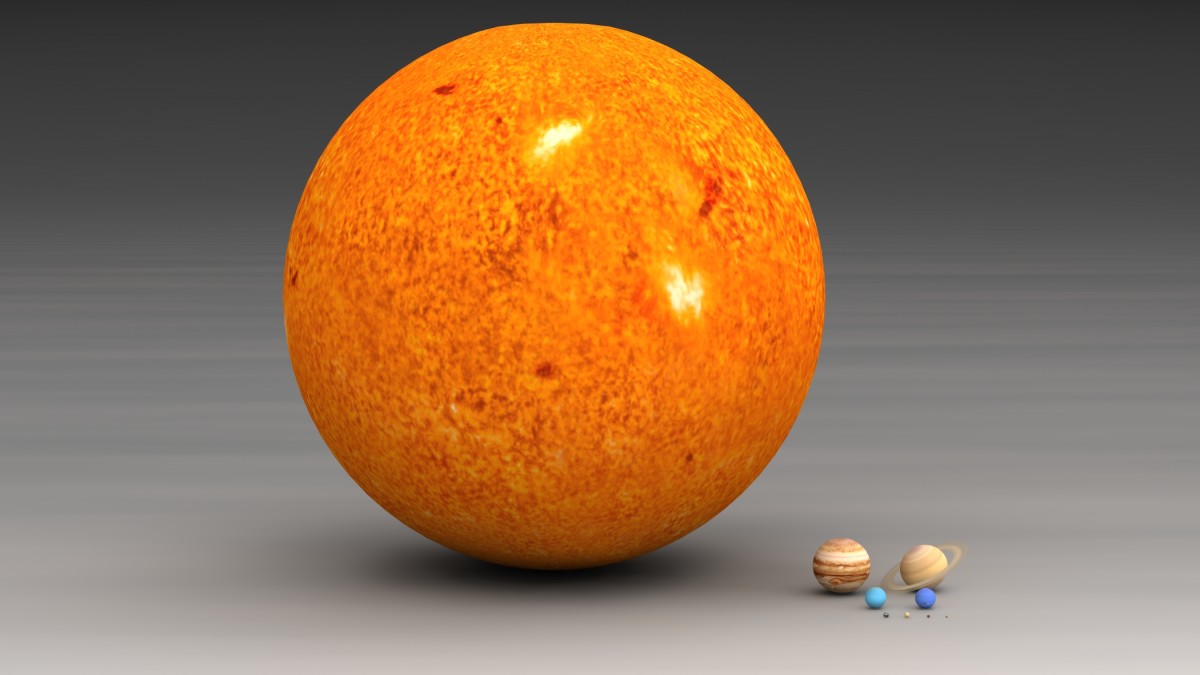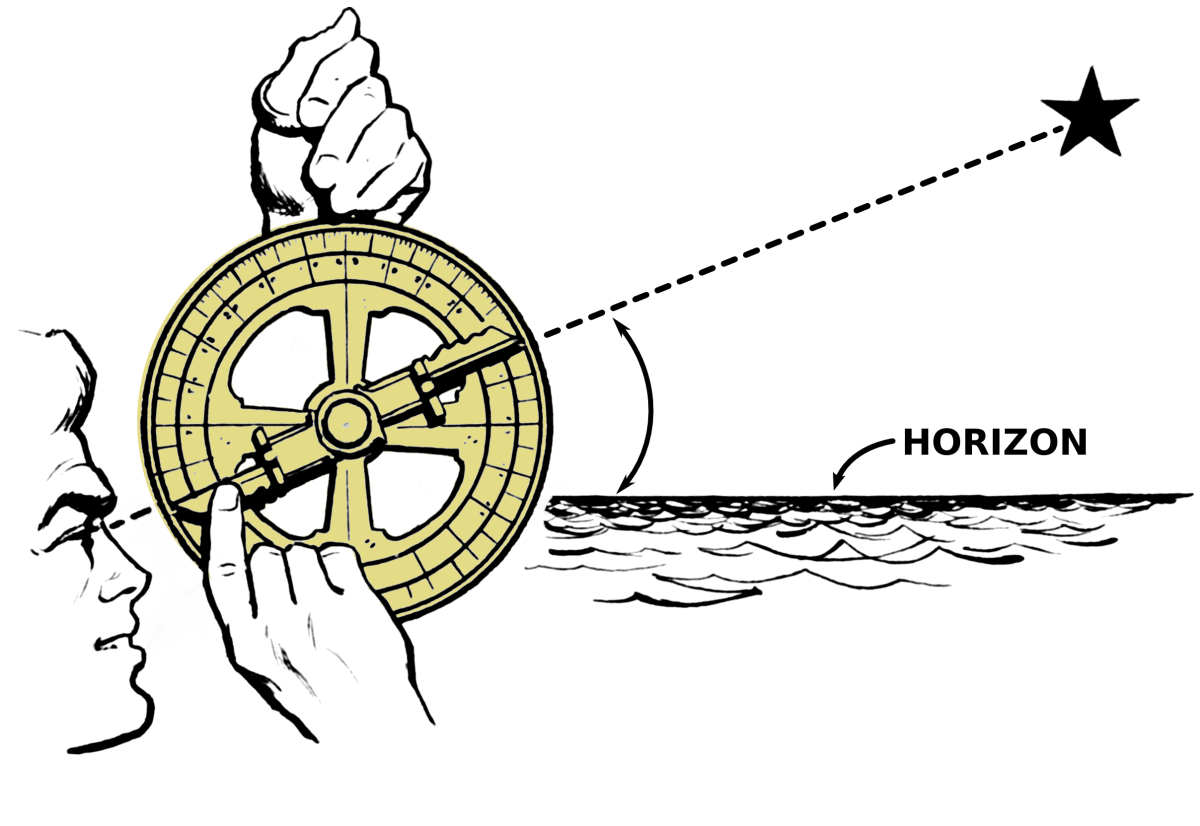Astronomy and Astrology: The Difference Between Astronomers and Astrologers
In the past, astronomy and astrology were considered one and the same. Learn the difference, and learn why you should never call an astronomer an astrologer!
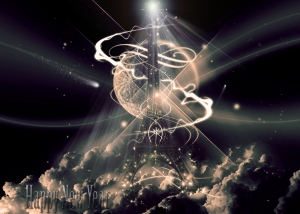
In the modern Western world, astronomy and astrology are generally regarded as two different studies. Astronomy tries to understand the physics of the universe, and studies celestial objects such as stars, planets, comets, nebulae, star clusters and galaxies, while astrology attempts to explain human events, predict the future and explain other “earth matters” by using the positions of celestial objects as a guide. Astronomy and astrology were generally considered the same thing until the 17th century. In Ancient Babylonia, the astronomer and astrologer were the same person. In Ancient Greece, the words “astrologia” and “astronomia” meant different things, but were used interchangeably and treated as if they meant the same thing.
Astronomy is one of most ancient sciences. Over 7000 years ago, the Ancient Egyptians made use of astronomical alignments to build the archeoastronomical device in the Nabta Plata. It is likely that Stonehenge was used similarly to make astronomical observations. Many other early civilisations also studied the sky: the Mayans, Indians, Chinese, Greeks and the Babylonians.
Astronomy and astrology are similar in few ways, and different in many others. Both studies believe that Earth is an important part of the universe, and that the Earth and the universe are connected. But that’s where the similarities end. Astronomy states that planets and stars have no significance in regard to human behaviour, while astrology believes that planets, stars and the moon can predict fate and human behaviour. Astronomy follows the standard of other sciences, including physics, while astrology follows none, and is considered an “art”. Astronomy is used by NASA, has measured the speed of light and has discovered new planets. Astrology has done none of these.
Nowadays most astronomers and most members of the general public regard astrology with scorn because it considered a “fake” science. Astrology suggests your birth date and the positions of celestial objects determine your behaviour, personality and fate. Horoscopes, star signs and fortune telling are all parts of astrology, but regarded as inaccurate and vague, with statements that anybody could apply to their situation. It has little, if any, basis in reality. Astrology tries to account for and predict human behaviour, but doesn’t bother checking the results to see if they are accurate.




